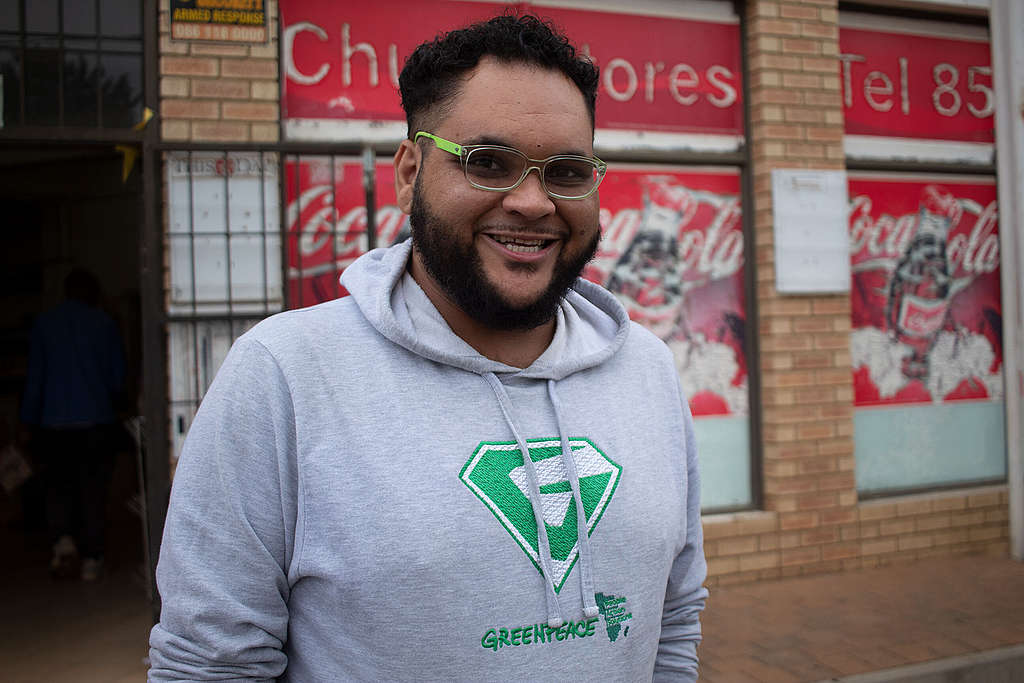
When Namibia declared its independence in 1990, it officially marked the end of colonialism on the African continent. But, while most African nations have been free of European rule for a number of decades now, it seems that the power dynamics have only really changed in principle.
In 1960, the United Nations (UN) General Assembly adopted the Declaration on the Granting of Independence to Colonial Countries and Peoples, known also as the Declaration on Decolonization. This resolution solemnly proclaimed the necessity of bringing colonialism in all its forms and manifestations to a speedy and unconditional end.
Herein lies the problem. The assumption that statehood is the be all and end all to decolonisation is short-sighted and stifling to any real progress. Granted, a country’s independence is a massive milestone, all considered; however, it simply cannot end there. The continued exploitative relationship between countries in the global majority and their former colonisers erode the foundation of their liberty. There are many “forms and manifestations” in which colonialism still lingers right here on the African continent.
Be it the fact that 14 African countries continue to pay a form of “colonial tax” to France, or that Spanish fishing vessels see nothing wrong with looting our waters. These old colonial habits are very hard to break; the convenience of the West always seems to take precedence over ours.
Take, for example, the way that countries like the United States (US) scrambled to dump their plastic waste in Africa and other Asian countries after China pulled the plug on their ludicrous arrangement of shipping almost all of its waste there for decades.
News reports over the past few years demonstrate that after China refused to accept their waste, they simply moved on to the next so-called ‘developing nation’ they could find. If The Guardian’s figures are anything to go by then over 1 billion tons of plastic was dumped in countries like Senegal and Kenya in the single year that followed this development.
And, even after plastic was added to the list of illegal biohazardous waste outlawed by the Basel Convention, American petrochemical lobbyists still tried to undermine Kenya’s domestic anti-plastic laws to flood African countries – more specifically the 27 nations signed to the African Free Trade Agreement – with plastic.
As we speak, there are illicit shipments of plastic waste stuck in Liberia and Tunisia, and authorities in each country have exhausted every diplomatic avenue to repatriate the hundreds of containers to their respective countries of origin – Greece and Italy.
These countries have no respect for the laws they collectively come up with and vote into place, let alone the laws of our countries, which serve to benefit our people. They only recognise our sovereignty when it suits them; and when it doesn’t, we quickly switch back into wastelands they’ve tried to turn us into for centuries.
The way that plastic waste is simply shipped off to countries in the global majority is quite colonial in its approach – dare I call it, ‘waste colonialism’. Its impact on underprivileged nations is certainly as destructive as the looting and enslavement that categorised the colonial era, because it is breeding environments for people that are practically the same.
The UN Environment Programme released a report this year about how plastic pollution – and by virtue, its production – has a disproportionate impact on maginalised communities and countries. It found that these communities experienced high rates of environmental injustice, and that these communities were most likely to comprise people of colour.
The people of colour living in these communities and countries not only experienced the discomfort of superficial environmental degradation due to plastic pollution, but they were also more likely to fall ill from air pollution surrounding the plants they have to migrate to in search of low-paying jobs. And, as research by Studies in Poverty and Inequality Institute has demonstrated, low-wage earners are not likely to miss work and seek medical attention in fear of job loss.
If we are still made to bear the brunt for the sake of Western countries’ comfort, just how different is that from the status quo under colonial rule? What good has this so-called freedom done for those of us that are not part of the political elite, apart from claiming new national identities?
A rose by any other name would smell as sweet, no? The same can be said for colonialism in its current manifestation. Its stench is unbearable, but conveniently shipped to our countries to deal with.
This op-ed was originally published in Daily Maverick 168 on 22 May 2021.
Angelo Louw is the Project Lead of Greenpeace Africa’s Pan African Plastic Project. He is currently based in Johannesburg, South Africa.
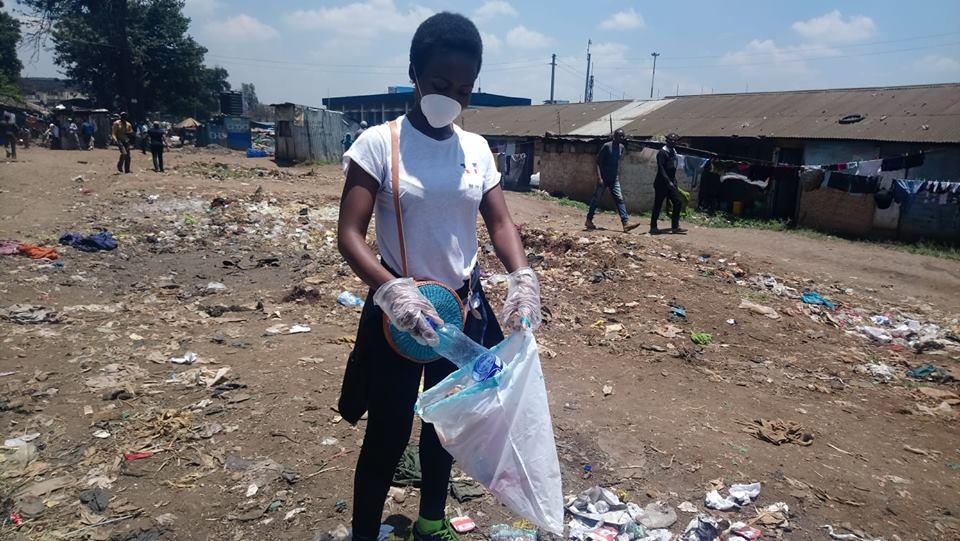

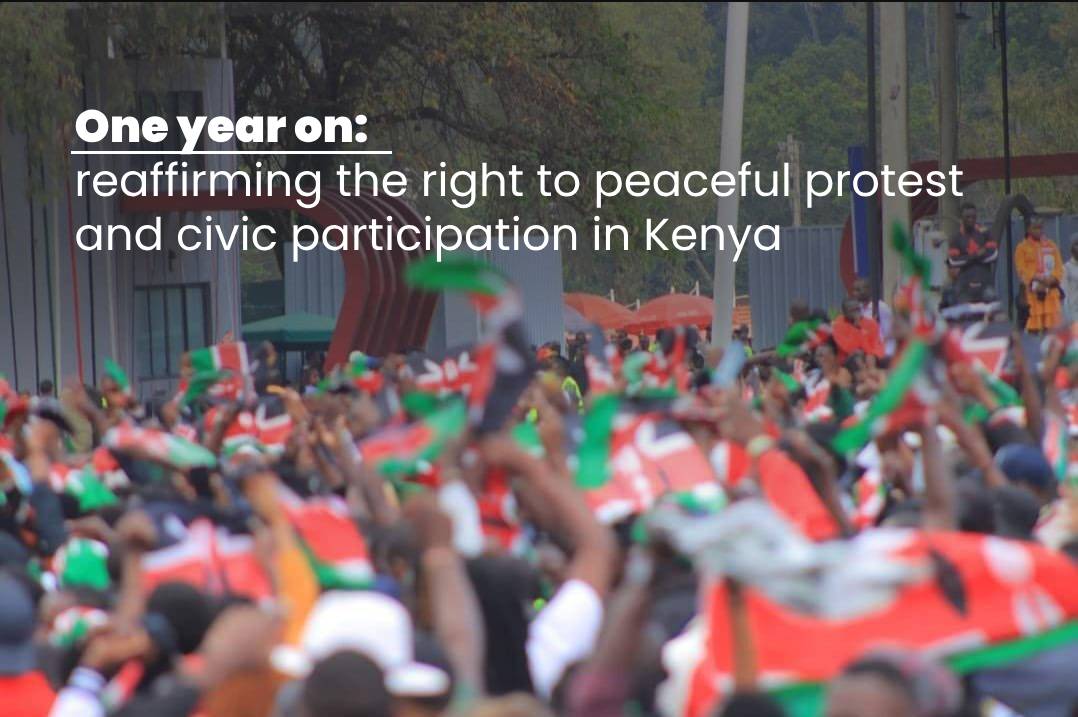
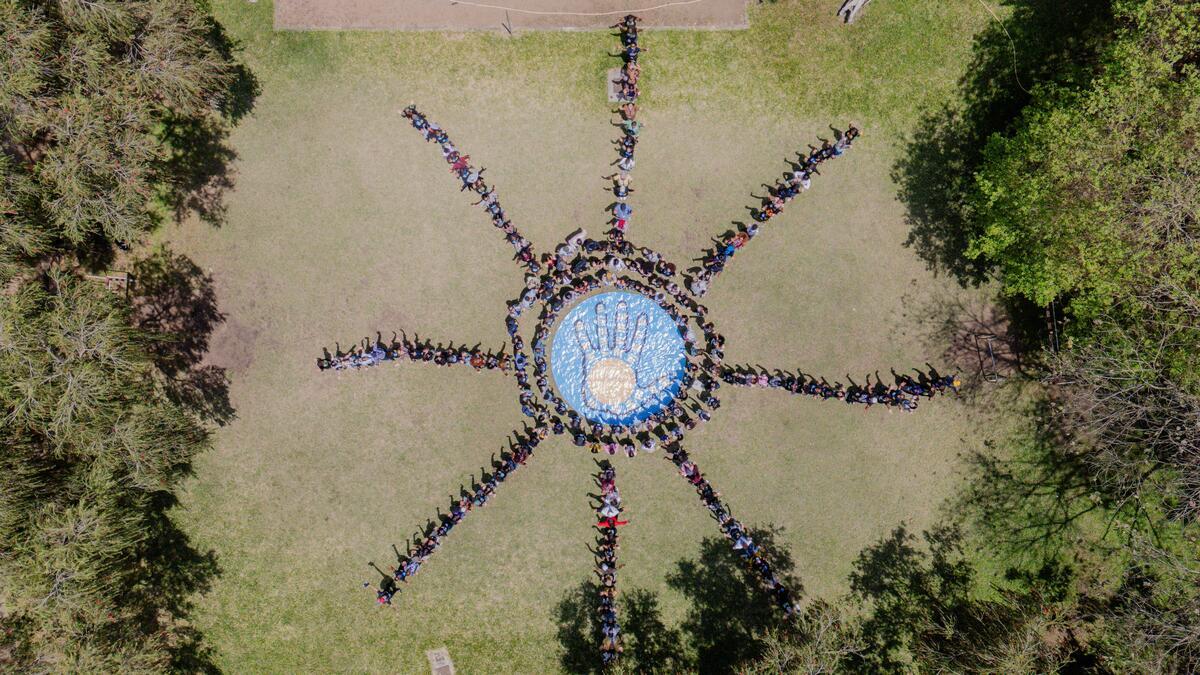
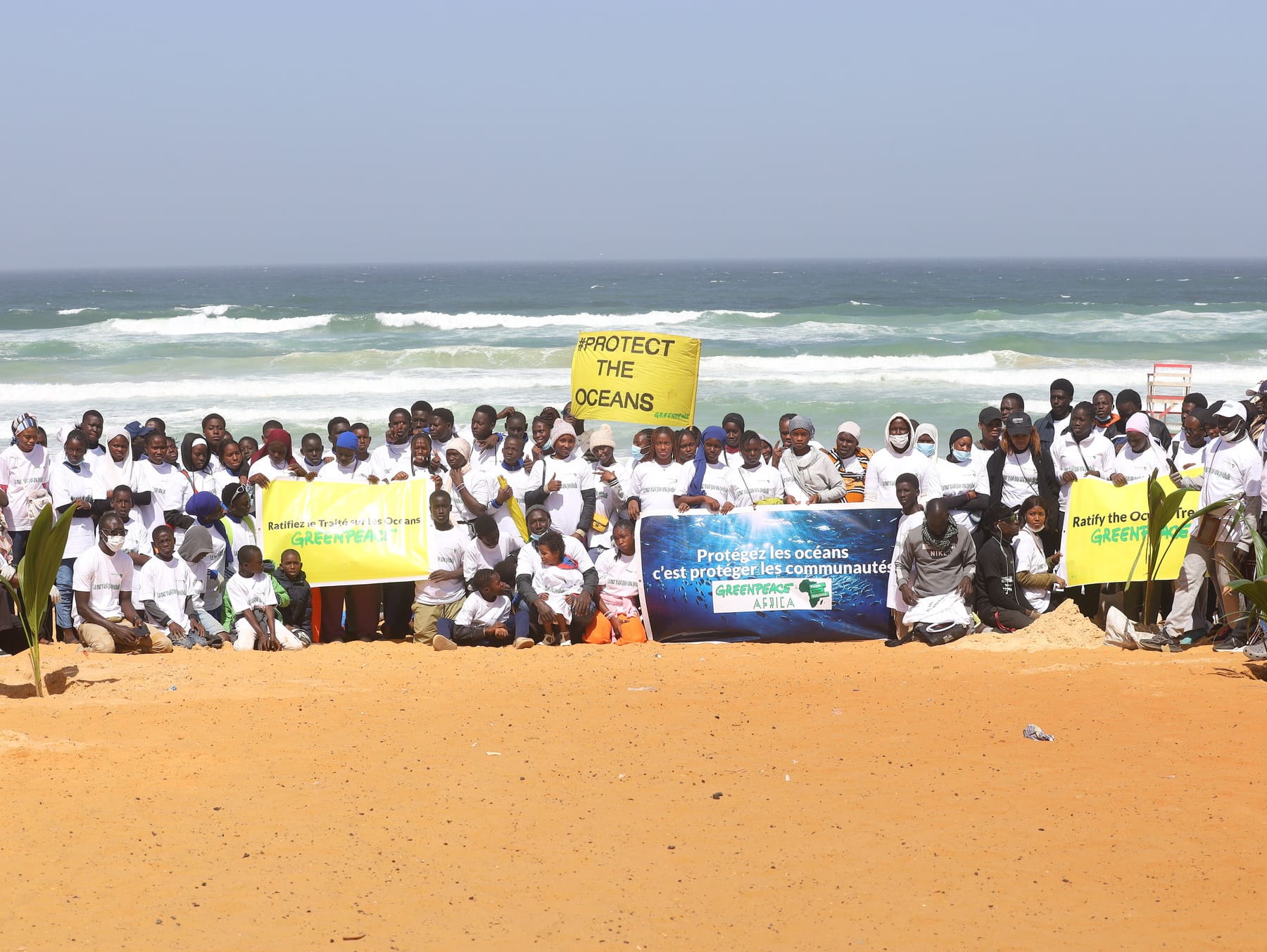
Discussion
Plastic producers should take a central responsibility to track and also in disposing it.
Thank you for your comment. True! they need to take accountability for this mess.
Most 🌍Africa governments always put monetary gains before the environment for selfish reasons. Plastic bags are making some once fertile lands to be waste lands.
Thank you for your comment. Truly disheartening 😔, greed and corruption are the major factors in this catastrophe.